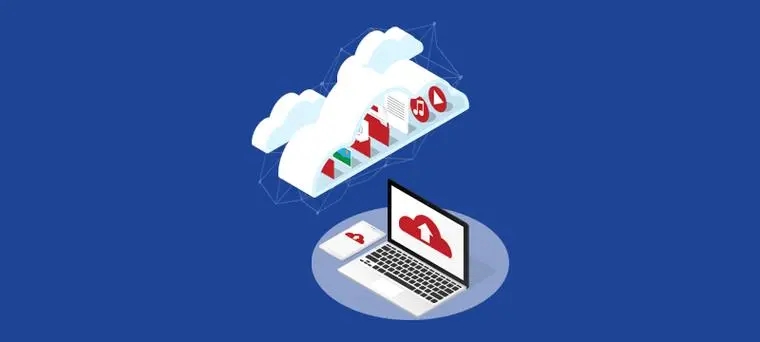Title: Unveiling the Intricacies of the Relationality Game: Questions,prediction for sure game Insights, and Shared Experiences
Content:
In the everevolving world of social interactions, the concept of relationality has become increasingly significant. One fascinating aspect of this idea is the Relationality Game, a game that challenges participants to navigate the complexities of relationships and communication. Lets explore some questions surrounding this game and delve into the insights and shared experiences it offers.
1. What is the Relationality Game?
The Relationality Game is a roleplaying game designed to enhance communication and foster deeper connections between players. By assuming different roles and engaging in various scenarios, participants learn to understand and apciate the dynamics of relationships from various perspectives.
2. How does the Relationality Game work?
The game consists of a series of scenarios, each with its own set of challenges and objectives. Players must communicate effectively, navigate conflicts, and build trust while striving to achieve their goals. Throughout the game, they are encouraged to ask questions, share insights, and reflect on their experiences.
3. What are the benefits of playing the Relationality Game?
The Relationality Game offers several benefits, including:
Improved communication skills: Players learn to exss their thoughts and feelings more clearly, and they develop active listening skills.

n a deeper understanding of others perspectives and experiences.
Conflict resolution skills: The game teaches players how to address conflicts in a constructive manner and find winwin solutions.
n selfawareness and work on their personal development.
4. Can the Relationality Game be applied in reallife situations?
ned from the Relationality Game can be applied to various aspects of life, including personal relationships, professional settings, and community interactions. By practicing effective communication, empathy, and conflict resolution, individuals can build stronger connections and navigate lifes challenges more successfully.
Shared Experiences:
Participants of the Relationality Game often share remarkable insights and experiences. Here are some examples:
I realized how important it is to be open and honest in my relationships. The game made me realize that hiding my true feelings can lead to misunderstandings and conflicts.
I learned to listen more actively. By trying to understand the other persons perspective, I was able to find common ground and resolve conflicts more easily.
The game helped me develop empathy towards my colleagues. I now approach situations with a more balanced perspective and work towards finding solutions that benefit everyone.
In conclusion, the Relationality Game is a valuable tool for exploring the complexities of relationships and communication. By addressing questions, sharing insights, and reflecting on shared experiences, players can enhance their understanding of interpersonal dynamics and apply these learnings to their everyday lives.


 相关文章
相关文章




 精彩导读
精彩导读




 热门资讯
热门资讯 关注我们
关注我们
